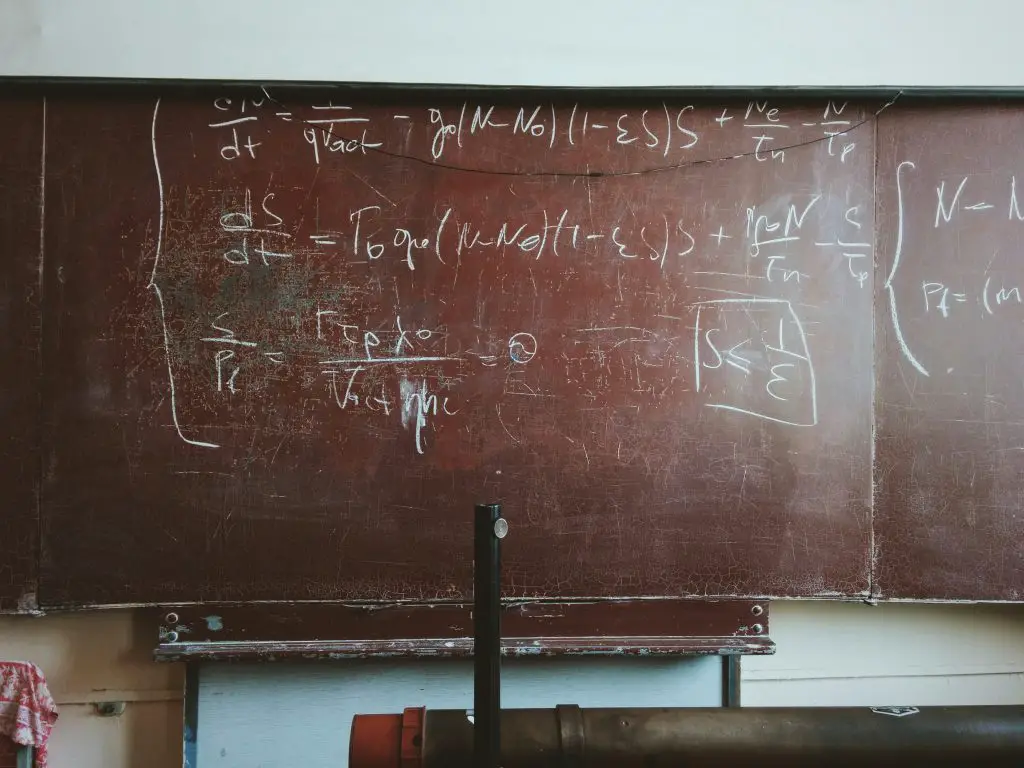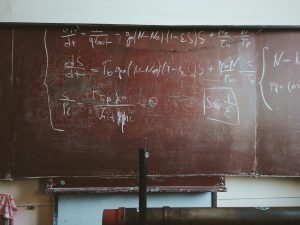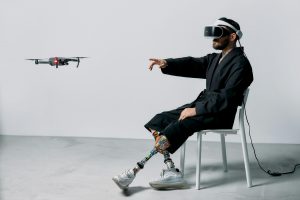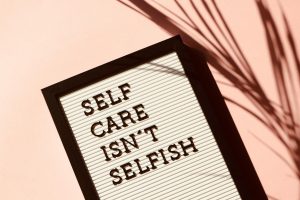Reimagining Education: Why Traditional Learning Systems Fail to Prepare Us for the Future

By Sibgha A
In today’s rapidly evolving world, education is one of the most critical areas where change is desperately needed. The traditional learning systems, built decades or even centuries ago, continue to dominate schools and universities globally. However, as the world moves forward—fuelled by technological advancements, shifting job markets, and new societal needs—the outdated educational structures fail to keep up. This leaves students ill-prepared for the future, demanding a fresh look at how we educate the next generation.
One of the fundamental problems with traditional education is its rigidity. Schools tend to follow strict, one-size-fits-all approaches, focusing heavily on rote learning, exams, and textbook-based knowledge. This model worked well in the industrial age, where the goal was to produce workers who could follow instructions and repeat tasks. However, in the 21st century, employers are looking for skills like creativity, problem-solving, adaptability, and emotional intelligence—none of which are prioritised in many schools today.
Instead of nurturing these abilities, schools often stick to rigid curriculums that leave little room for flexibility or innovation. Students memorise facts for tests, but how often do they get to critically analyse real-world problems? The disconnect between education and modern-day realities becomes clearer each day.
The Changing Job Market
A significant gap in traditional education lies in its failure to prepare students for the modern job market. We’re living in an era where technology is advancing faster than ever, with automation and artificial intelligence reshaping industries. Many of the jobs students will be applying for in the next decade don’t even exist yet. Traditional education, however, remains stuck in old models, preparing students for careers that are either declining or evolving in ways these outdated systems can’t anticipate.
Soft skills like communication, collaboration, and emotional intelligence have become essential in this changing landscape, yet schools and universities still emphasise technical and theoretical knowledge over these important interpersonal skills. This leaves students under-equipped to succeed in today’s and tomorrow’s workplaces, where adaptability and human-centred skills are becoming more crucial.
Another issue with traditional education is that it’s treated as a phase of life—something you complete by a certain age, after which you’re “done” with learning. But in today’s dynamic world, learning can’t end when you leave the classroom. Continuous, lifelong learning is key to staying relevant and successful in any field. The current education system does little to encourage a mindset of continuous learning, focusing instead on graduating students after completing a fixed set of requirements.
How Do We Reimagine Education?
So, what can be done? First, education systems need to be more flexible and personalised. Technology, when used correctly, can enable customised learning experiences where students advance at their own pace and explore subjects that truly interest them. Schools should foster creativity, curiosity, and problem-solving, rather than focusing solely on standardised tests and rigid curriculums.
Second, we must integrate real-world applications into learning. Internships, project-based learning, and interdisciplinary studies allow students to connect theory with practice, preparing them for future careers and life challenges.
Finally, learning needs to be viewed as a lifelong process. Schools should instil a love for learning and curiosity that continues beyond graduation, encouraging students to evolve along with the changing world.
In conclusion, traditional learning systems are failing to keep pace with the demands of the modern world. If we want to prepare students for the future, we must reimagine education in ways that nurture creativity, adaptability, and a lifelong love of learning. The time for change is now.







